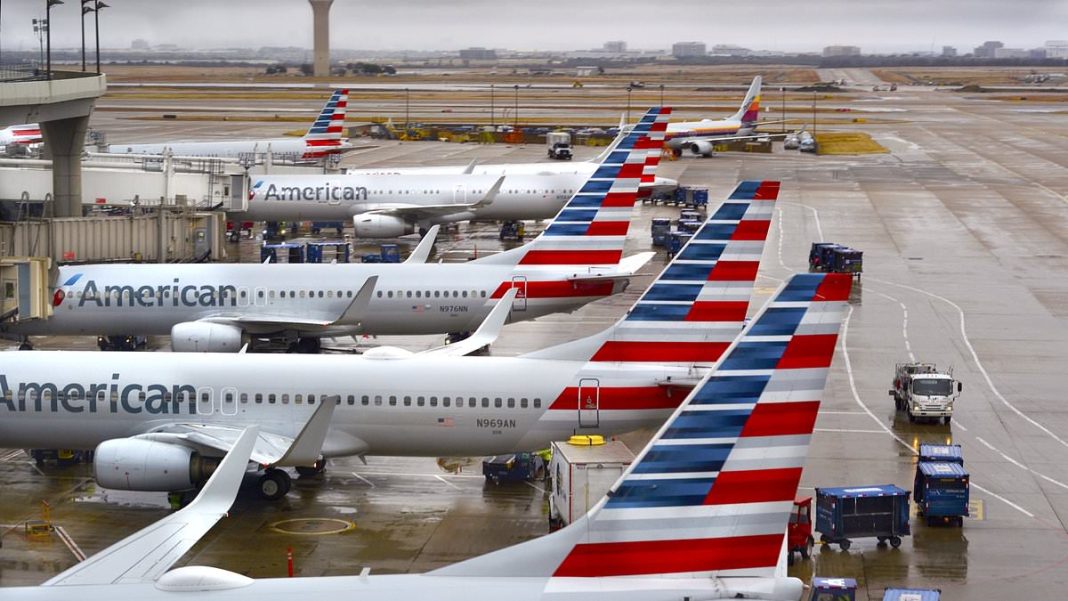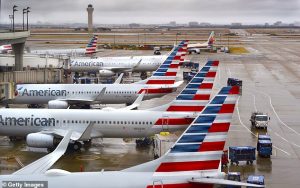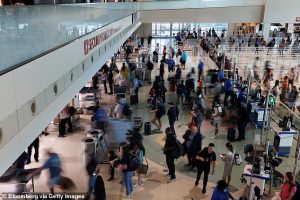Key Takeaways
- DFW Airport facing significant delays due to air traffic controller shortages
- Average delays of 18 minutes, potentially reaching 72 minutes
- Staffing crisis affects 22 airports nationwide with 8,000+ Sunday delays
- Unpaid controllers missing paychecks, seeking second jobs
Dallas/Fort Worth International Airport (DFW), America’s second-busiest airport, is experiencing substantial flight delays due to critical staffing shortages among air traffic controllers. The Federal Aviation Administration has implemented arrival restrictions until 9:59pm CT, limiting flights to 72 arrivals per hour.
Current Delay Situation
Travelers should expect average delays around 18 minutes, with maximum wait times potentially reaching 72 minutes. The staffing crisis is affecting flights from major hubs including Los Angeles, Chicago, Denver, New York, Houston, and Atlanta. DFW is currently operating in south flow configuration to accommodate wind conditions.
National Impact Worsens
The DFW disruptions follow Sunday’s nationwide crisis where over 8,000 flights experienced delays across 22 airports. US Transportation Secretary Sean Duffy confirmed this represents “one of the highest that we’ve seen in the system” since the government shutdown began October 1.
“That’s a sign that the controllers are wearing thin,” Duffy said.
Paycheck Crisis Deepens
The situation is expected to worsen as air traffic controllers miss their first full paycheck on Tuesday. Despite working mandatory overtime and six-day weeks, approximately 13,000 controllers and 50,000 TSA officers are working without pay.
“They’re taking second jobs, they’re out there looking,” Duffy revealed about controllers seeking alternative income.
The FAA faces a 3,500-controller staffing shortfall even before the current crisis. Similar patterns emerged during the 2019 shutdown when unpaid workers’ absences forced authorities to slow air traffic in New York and Washington.
Passengers are advised to check with airlines for real-time updates and expect extended delays, particularly during peak travel hours.






